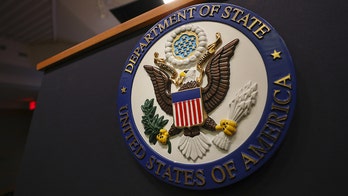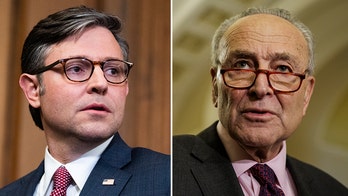CA city experiments in budgeting after bankruptcy
Allowing voters to help make budget decisions
A California city that recently emerged from bankruptcy is taking a new approach to budgeting -- this time, by asking voters how it should spend the taxpayers' money.
The question is being put to residents in Vallejo, Calif., a blue-collar port city of 116,000 people.
Under a pilot program, Vallejo is using what is known as "participatory budgeting" to figure out where to spend a $3.2 million portion of Measure B, a city tax initiative approved last year. At public assemblies throughout the next few weeks, involved residents are brainstorming ideas -- from youth centers to after school programs, from new playgrounds to music festivals. Any civic project or service will be considered, so long as it fits the financial constraints, and benefits the community.
"I'd like to see the money concentrated on parks," said one man at the meeting.
"I'd like more to go to the youth centers," said another.
Those suggestions joined a growing list of possibilities posted on the wall. Many residents say more street lights are needed given the high crime rate in a city just now emerging from federal bankruptcy.
Vallejo was among the first big American cities to file for federal protection after the financial crisis in 2008.
But, given that backdrop, the head of the city has serious concerns.
"I have no problems with creativity, but now is not the time to be creative," said Vallejo Mayor Osby Davis. He argues that in a community struggling to get back on its feet, tax dollars should pay for critical city services -- that's it.
"If you talk to the public, they say we want public safety, we want our streets fixed, we want buildings and grounds, we want service -- and we're not doing that," Davis said.
Others are more optimistic.
"The experience of coming out of hardship and coming out of the challenge of bankruptcy, is really also an opportunity to innovate and to try new and creative ways to address community problems," said Ginny Browne, a community engagement coordinator with Vallejo Participatory Budgeting.
The best, most cost-effective ideas will be put on a city-wide ballot, and in May, Vallejo residents will pick their favorites. The City Council will also weigh in and have final approval on how the $3.2 million is spent.
Participatory budgeting draws its inspiration from Brazil, which began the practice in 1989. In recent years, the concept has been tried on a limited basis in parts of Chicago and New York City.
But Vallejo, once the capital of California, is taking a historic step -- this is the first time participatory budgeting has been used city-wide.
Supporters say the winning projects may well include some of the mayor's priorities.
"When you give people a chance to meaningfully participate and actually solve problems, they really step up, and they really make great decisions," Browne said.





